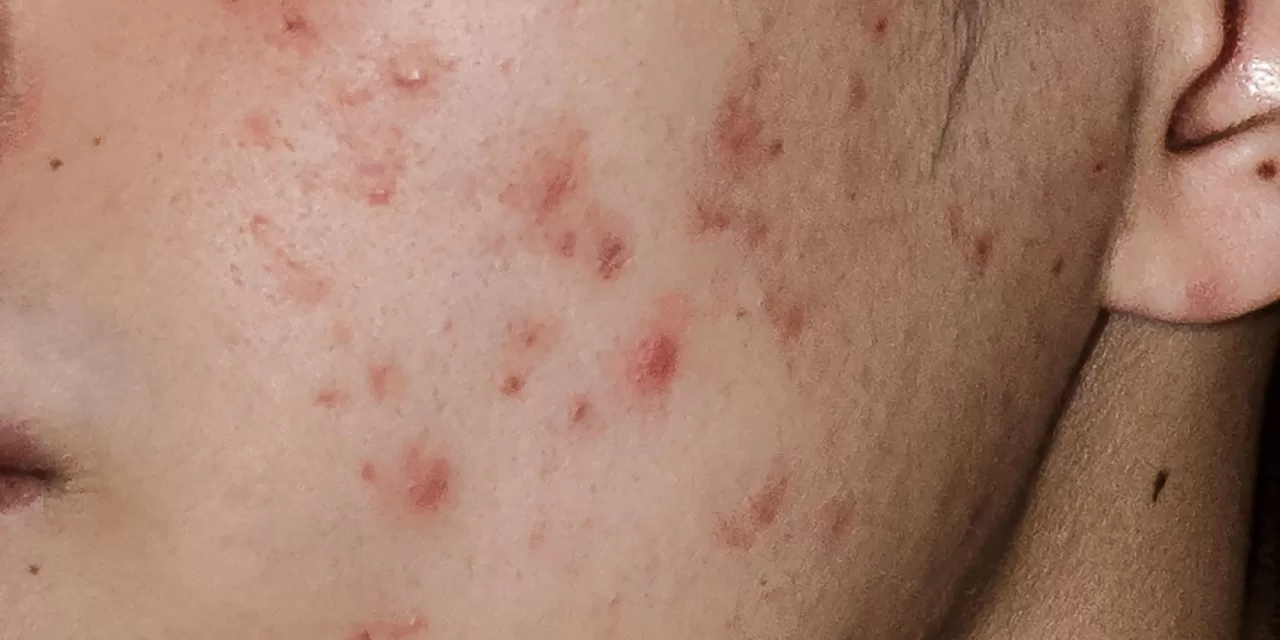Hunan, China – Scientists have recently uncovered a promising natural remedy for acne in the form of bamboo vinegar, a byproduct derived from bamboo through a high-temperature, anaerobic process. This discovery could pave the way for a new generation of anti-acne cosmetics that are not only effective but also gentle on the skin.
Bamboo vinegar, a concentrated liquid, contains over 200 organic compounds, including organic acids, phenols, ketones, alcohols, and esters, with acetic acid being the primary component. Traditionally approved by the China Food and Drug Administration as a cosmetic raw material, bamboo vinegar’s potential has remained underutilized due to the presence of impurities and harmful compounds in commercially available versions.
However, a breakthrough study led by researchers from Central South University of Forestry and Technology in China, published in the Journal of Dermatologic Science and Cosmetic Technology, has refined bamboo vinegar, enhancing its anti-acne properties while minimizing risks. The study emphasizes the inhibitory effect of bamboo vinegar on Propionibacterium acnes, the bacterium responsible for acne development. Given the growing concerns over antibiotic resistance, this natural solution offers a safer alternative for acne treatment.
Innovative Controlled-Release System
The researchers developed a controlled-release system using activated bamboo charcoal as a carrier to improve the efficacy and safety of bamboo vinegar. According to Sheng Zhang, the study’s corresponding author, “Bamboo vinegar was refined through reduced-pressure distillation, which increased the content of organic acids, reduced tar content, and enhanced the active ingredients while minimizing harmful components.”
This refined bamboo vinegar was then adsorbed onto activated bamboo charcoal, allowing for a gradual release over more than two hours. This slow-release mechanism, which aligns with the Ritger-Peppas model, ensures a sustained bacteriostatic effect while reducing the risk of skin irritation.
The study’s findings suggest that refined bamboo vinegar could serve as a potent ingredient in anti-acne cosmetic formulations. The controlled release of the bamboo charcoal-bamboo vinegar complex in water showed an initial release rate of 70.57% within the first 15 minutes, followed by a slower, sustained release, making it ideal for prolonged therapeutic effects.
Potential for Broader Cosmetic Applications
While the focus has been on acne treatment, the research team believes that bamboo vinegar’s benefits could extend beyond this. Zhang adds, “The findings present a novel concept for anti-acne cosmetics and lay the groundwork for further research into the use of bamboo vinegar slow-release systems with bamboo charcoal as a carrier. Future studies should explore additional cosmetic benefits of bamboo vinegar, such as dandruff removal, anti-wrinkle effects, and more.”
As the demand for natural and effective skincare solutions grows, bamboo vinegar may soon become a staple in cosmetic products, offering a sustainable and safe alternative to synthetic chemicals.
Reference:
“Inhibition of Propionibacterium acnes by refined bamboo vinegar and preparation of the slow-release system with bamboo charcoal as the carrier” by Ziyi Li, Yanan Wang, and Sheng Zhang, 29 February 2024, Journal of Dermatologic Science and Cosmetic Technology. DOI: 10.1016/j.jdsct.2024.100016.












